In the statement, ECOWAS Commissioner for Peace and Security Abdel-Fatau Musah stressed that the bloc had previously intervened many times and only notified the UNSC after taking military measures.
The commissioner also said that Niger “did not receive public approval for the coup that overthrew President Mohamed Bazoum in late July.”
On July 26, a group of officers from the Niger Presidential Guard launched a coup to depose President Mohamed Bazoum. Following the incident, the National Council for the Defense of the Fatherland (CNSP) headed by General Abdurahmane Tchiani was established to run the country.
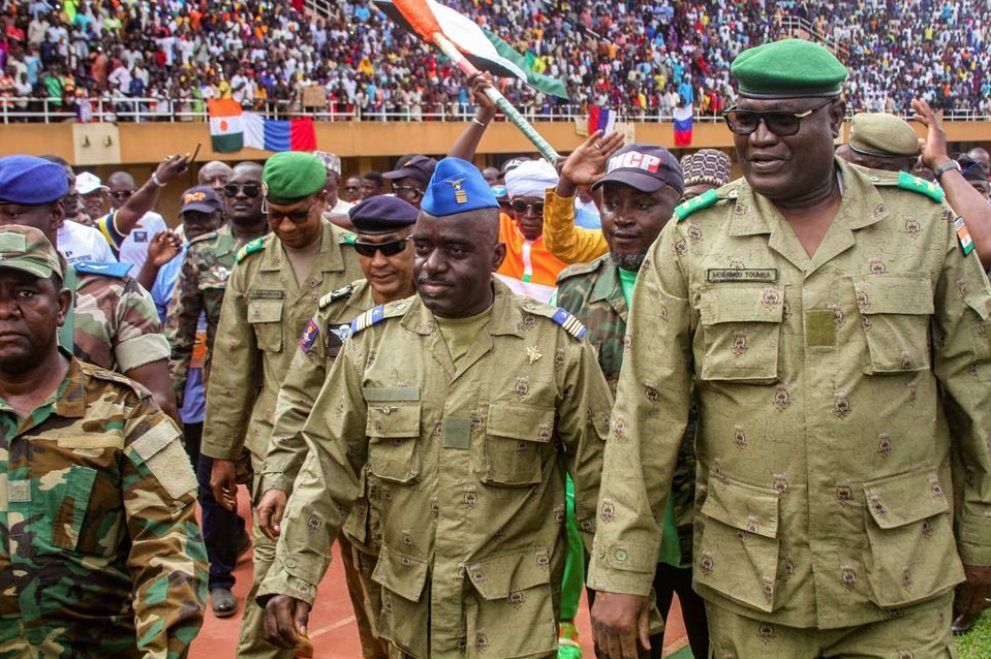
The coup in Niger has drawn condemnation from countries in the region. In a sign of rising tensions, ECOWAS has activated a military standby force that will be deployed as a last resort if talks fail.
On August 10, at an extraordinary summit in the capital Abuja (Nigeria), Nigerian President Bola Tinubu declared, “no option is excluded, including the use of force as a last resort.” Similar to his Nigerian counterpart, Ivorian President Alassane Ouattara also affirmed that ECOWAS approved the launch of a military campaign in Niger “as soon as possible.”
Despite a backlash from ECOWAS, Niger's military government has rejected all diplomatic efforts. The move has raised fears of a new conflict in West Africa's impoverished Sahel region.
A military intervention in Niger, a Western ally in the fight against Islamist militants, would further destabilize the country and the region, and impact the struggle between major powers for influence over strategic interests in West and Central Africa.
Source


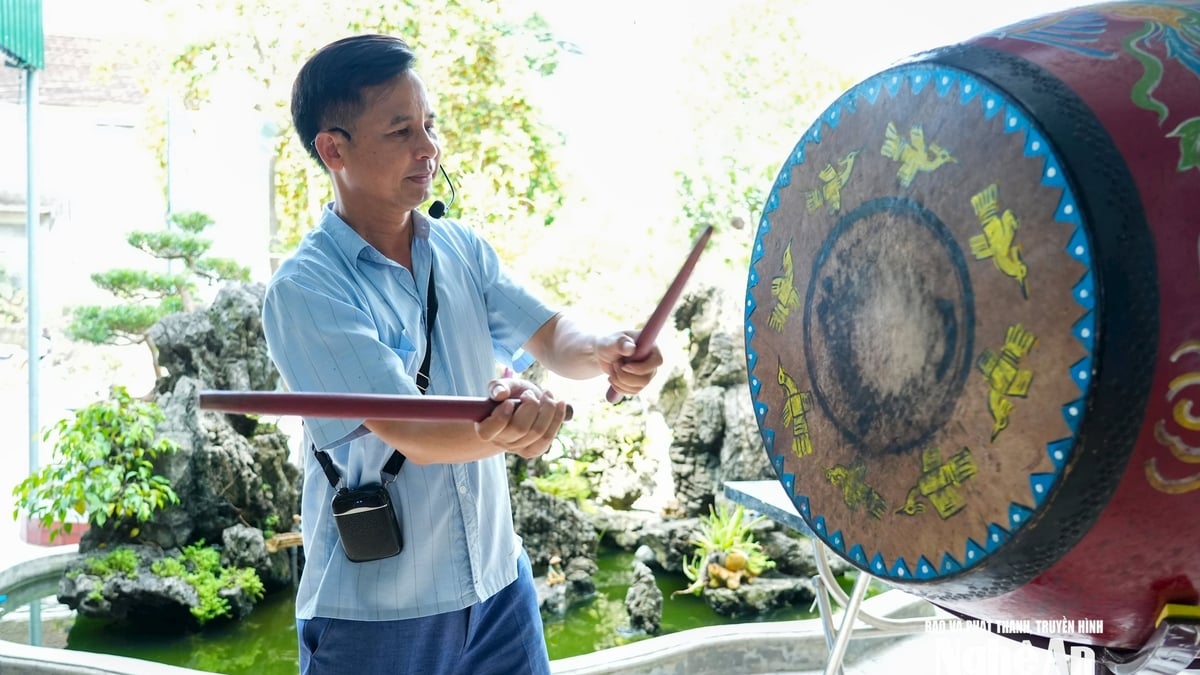
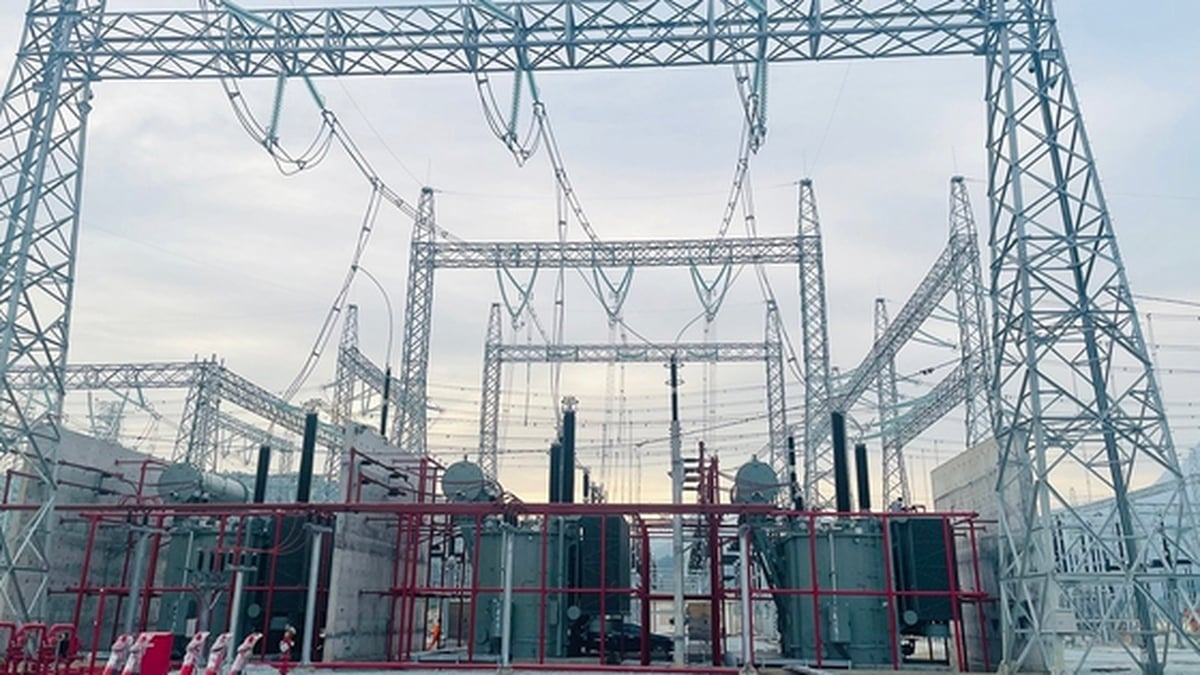
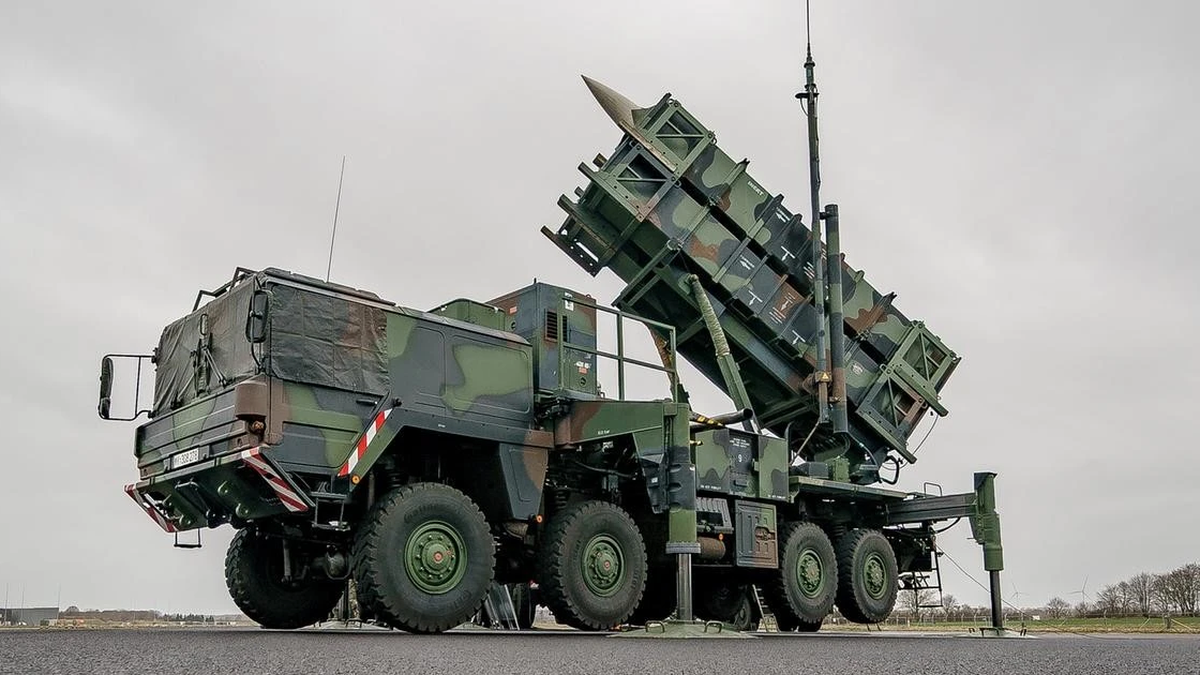




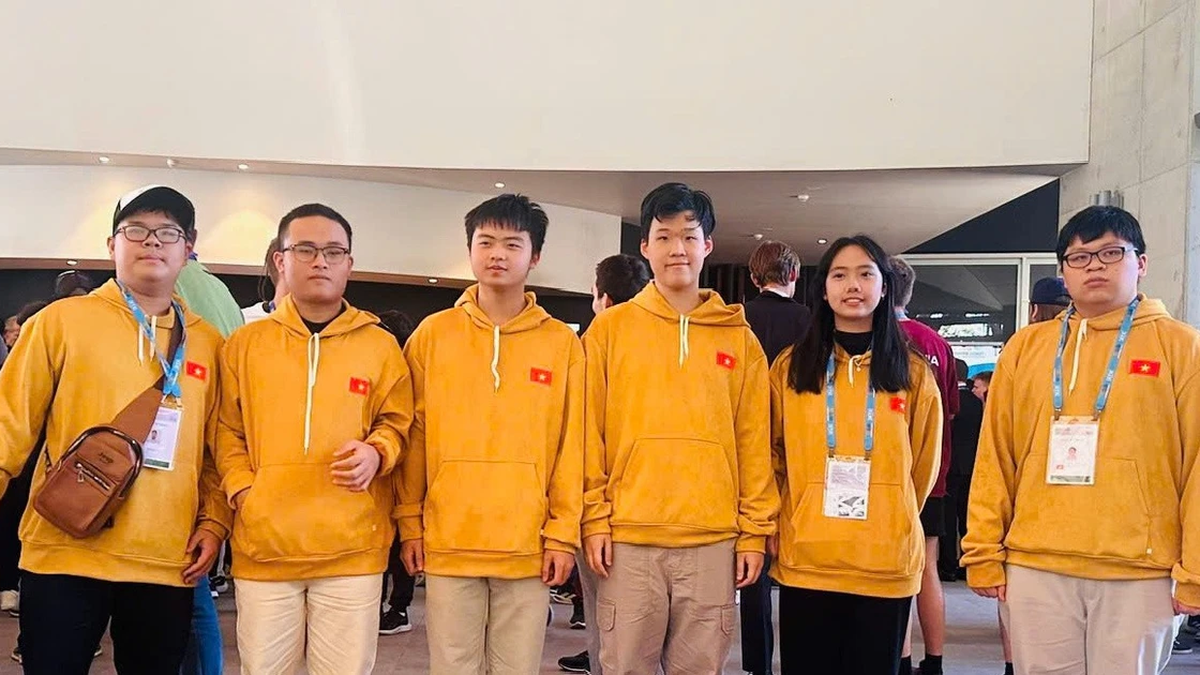
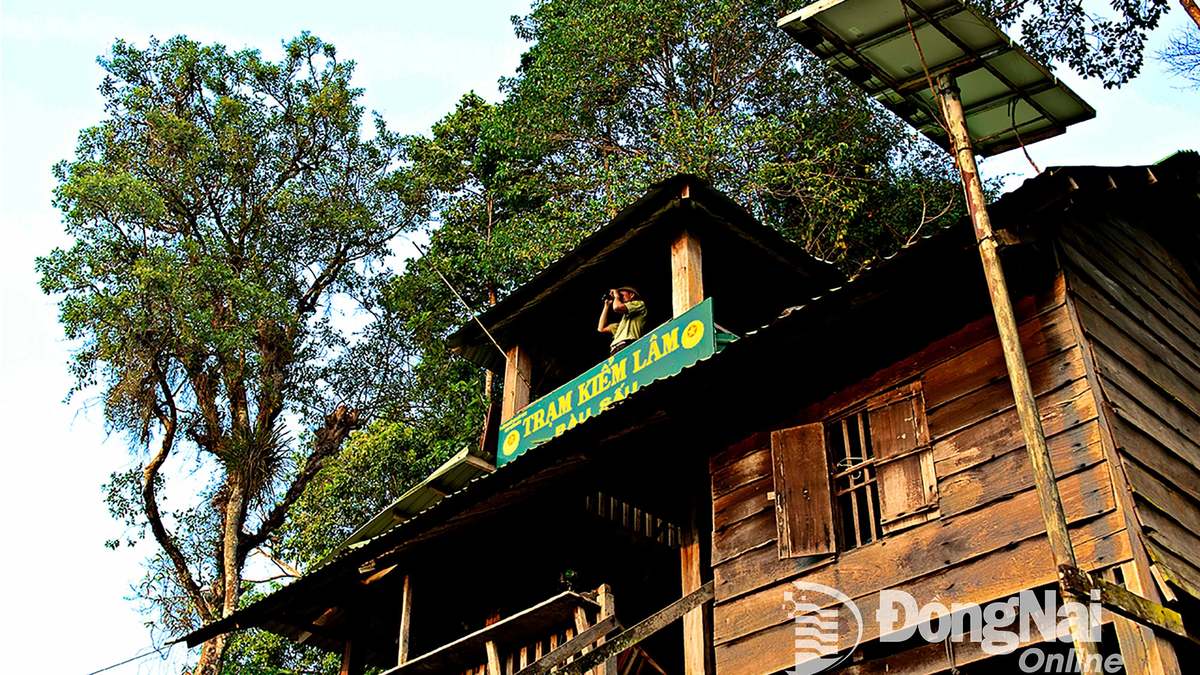
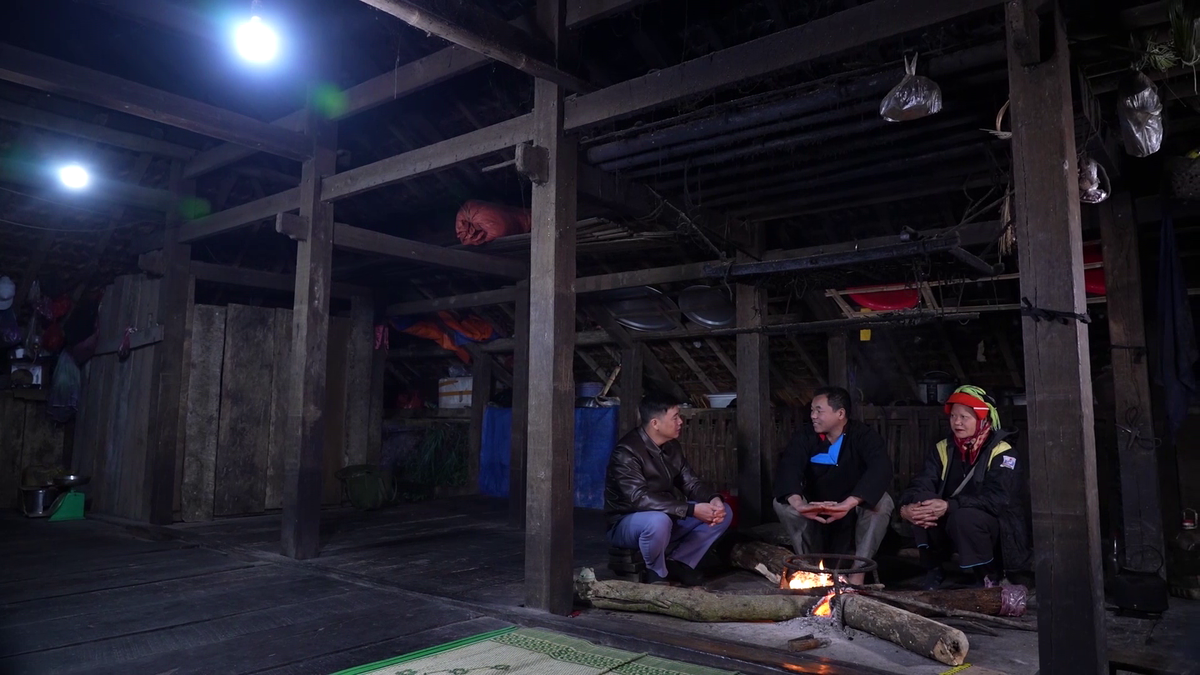


















































































![[Infographic] In 2025, 47 products will achieve national OCOP](https://vphoto.vietnam.vn/thumb/402x226/vietnam/resource/IMAGE/2025/7/16/5d672398b0744db3ab920e05db8e5b7d)





Comment (0)